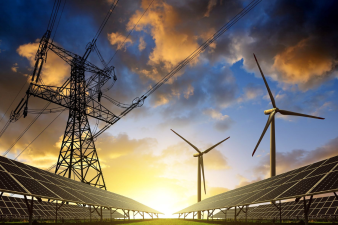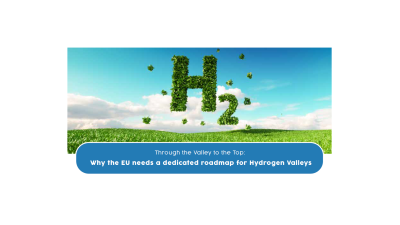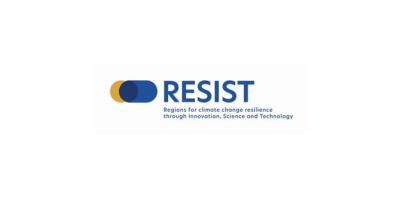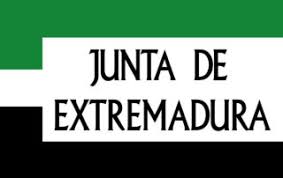
Three organisations interconnected: Junta de Extremadura through the Secretary-General of R&I and University which aims to promote and coordinate the scientific, technological and business sectors of the region; Fundecyt-Pctex is the Regional Public Innovation Agency which has the public mandate to represent the regional government in ERRIN, facilitating the participation of regional stakeholders and promoting their interests within the network; Delegation of Extremadura in Brussels which has a transversal position facilitating the connection across the department of the government. The two R&I major priorities are the sustainable management of natural resources and the application of technologies for quality of life. Based on these two priorities we rely on five areas of excellence: Agriculture, Tourism, TIC, Clean Energy and Health, which translates into the following fields of research: eco-design and new materials, software engineering and computing, chemistry, biochemistry and biotechnology; agronomy, biology and ecology, electronics and automation. Therefore, Junta de Extremadura represents regional stakeholders working on these areas among which we find the University of Extremadura, the Regional Research and Technology Centre of Extremadura (CICYTEX), technology-oriented companies and agro cooperatives.
Contact detail
-
Contact person
-
Brussels Office Address
Avenue de Cortenbergh 89
1000 Brussels
Belgium
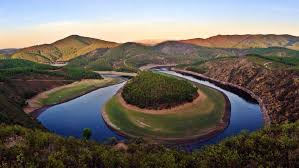
S3 Strategy
A model of participatory governance has ensured the involvement of citizens and stakeholders using a ‘bottom-up’ approach in which the identification of the initial situation. The strategy is defined based on five pillars identifying the main sectors to promote in Extremadura at medium and long-term: agro-industry, energy, tourism, health and ICT, to contribute to the competitiveness improving and to the creation of new opportunities for entrepreneurship and businesses.
The main detected challenges are:
• To consolidate a society based on knowledge and talent;
• To develop an internationalised and competitive industry, capable of generating wealth in a sustainable manner;
• To build a society for the change, continuous improvement, creativity, knowledge, entrepreneurship and internationalisation;
• To develop a set of infrastructures adapted to the needs of the region, allowing the inner development, and strategically connected with other regions and internationally.
Latest Updates
- By Rodolphe Doité
Regulatory Sandboxes in the Energy Sector - Call for examples
The Energy and Climate Working Group is looking for examples of the creation or the use of regulatory sandboxes in the energy sector, to be presented in an upcoming meeting on this topic on Tuesday 12 December between 14:00-15:30 CET.
- By Agnieszka Wieczorek Jetha
ERRIN Spring AGM 2023 – taking stock of the EU Missions
ERRIN’s Spring Annual General Meeting (AGM) 2023 took place on 22 June this year. As always, it brought together the large and dynamic community of member regions and cities. Following the format part with the update from the network, the main focus was the EU Missions, approached in two policy debates, on the support and implementation frameworks in Adaptation, Ocean and Waters and Soil Missions, and the governance innovation and the perspective on Cities and the Cancer Missions.
- By Rodolphe Doité
Hydrogen Roadmap – Survey for the Call for Evidence
The European Commission will soon publish a call for evidence (expected in June 2023 and open for four weeks) to collect further input from multiple stakeholders for the roadmap. In this frame, ERRIN wishes to produce an input paper.
- By Rodolphe Doité
S3 Partnership publishes position paper for a dedicated roadmap for Hydrogen Valleys
The European Hydrogen Valleys S3 Partnership has published a position paper "Through the Valley to the top: Why the EU needs a dedicated roadmap for Hydrogen Valleys".
- By Lucy Hammond
Partner Search EIC Pathfinder - Business Models Developers
A consortium is looking for a partner who may help to develop a business model for an electric grid transition. This task will require knowledge of market estimation, renewable energy economy, payback time evaluation and business planning.
- By Agnieszka Wieczorek Jetha
The RESIST project - testing adaptation solutions to key climate challenges
The RESIST project, launched last week, is a five-year EU-funded project coordinated by SINTEF in collaboration with INOVA+, which will support twelve regions across the EU in their efforts to build resilience against the impacts of climate change. ERRIN’s role in the project is to develop a Community of Practice and identify needs for a mutual-learning scheme. Following this, ERRIN will link LSD/Twinning regions with the wider Community of Interest.
